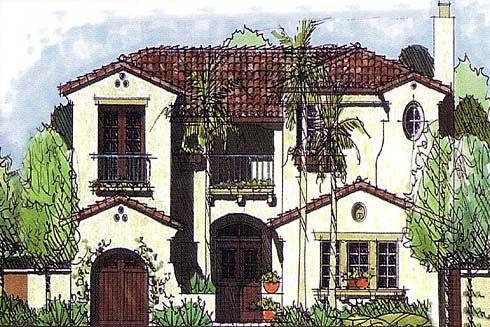YARD
Unveiling the Essence of Yards in Real Estate: Zoning Ordinances and Beyond
Introduction:
Defining Yards in Real Estate:
A yard, in real estate terms, refers to the open space surrounding a building that is not occupied by any structures. It serves as the outdoor area adjacent to a property, contributing to the overall design, aesthetics, and functionality of the land.
Zoning Ordinances and Minimum Yard Requirements:
Zoning's Regulatory Role:
Zoning ordinances are local regulations that govern land use and development. One of the key elements of these regulations is the establishment of minimum yard requirements for different types of properties.
Residential Zoning:
In residential zones, minimum yard requirements are often set to ensure a certain level of open space between buildings. This contributes to the creation of a visually appealing neighborhood, provides privacy, and allows for adequate sunlight and ventilation.
Commercial and Industrial Zoning:
Yards are also relevant in commercial and industrial zones, where they may be required to provide buffer zones between different land uses. This helps in mitigating the impact of noise, traffic, and other potential nuisances.
Front, Rear, and Side Yards:
Zoning ordinances typically specify minimum requirements for front, rear, and side yards. Front yards contribute to the street view and neighborhood aesthetics, while rear yards often serve as private outdoor spaces. Side yards maintain separation between adjacent properties.
Beyond Zoning:
The Aesthetic and Functional Aspects of Yards:
Aesthetics and Curb Appeal:
Yards contribute significantly to the curb appeal of a property. Well-maintained front yards with landscaping, greenery, and thoughtful design enhance the visual appeal of neighborhoods and individual homes.
Outdoor Living and Recreation:
Beyond regulatory compliance, yards provide spaces for outdoor living, recreation, and relaxation. Whether it's a backyard barbecue area, a garden retreat, or a front porch, yards add to the quality of life for property owners.
Environmental Considerations:
Yards play a role in environmental considerations by providing green spaces that contribute to biodiversity, absorb rainwater, and improve air quality. Sustainable landscaping practices can further enhance the environmental benefits of yards.
Environmental Considerations:
Yards play a role in environmental considerations by providing green spaces that contribute to biodiversity, absorb rainwater, and improve air quality. Sustainable landscaping practices can further enhance the environmental benefits of yards.
Conclusion:
Yards, though often seen as simple open spaces, carry profound significance in the realm of real estate. Beyond being governed by zoning ordinances, yards shape the aesthetics, functionality, and environmental impact of properties. As property owners and communities continue to evolve in their understanding of sustainable and aesthetically pleasing development, the role of yards will likely gain even more prominence. Embracing the importance of well-designed and maintained yards contributes not only to the individual charm of properties but also to the collective beauty and sustainability of neighborhoods.
MORE REAL ESTATE TERMS
A, B, C, D, E, F, G, H, I, J, K, L, M, N, O, P, Q, R, S, T, U, V, W, X, Y, Z
Featured New Home

Featured Mortgage Brokers
- EVOLVE BANK & TRUST, TULSA, OK
5110 S YALE AVE STE 500
TULSA, OK 74135 - FIDELITY BANK, ATHENS, GA
1045 S MILLEDGE AVE STE 200
ATHENS, GA 30605 - CHARTER WEST NATIONAL BANK, GRAND ISLAND, NE
714 N DIERS AVE
GRAND ISLAND, NE 68803 - ACADEMY MORTGAGE CORPORATION, CHICO, CA
1600 MANGROVE AVE STE 100
CHICO, CA 95926 - M AND T BANK, CHEEKTOWAGA, NY
80 HOLTZ DR STE 2
CHEEKTOWAGA, NY 14225